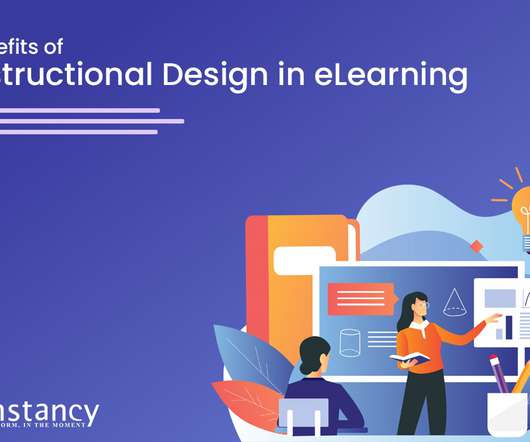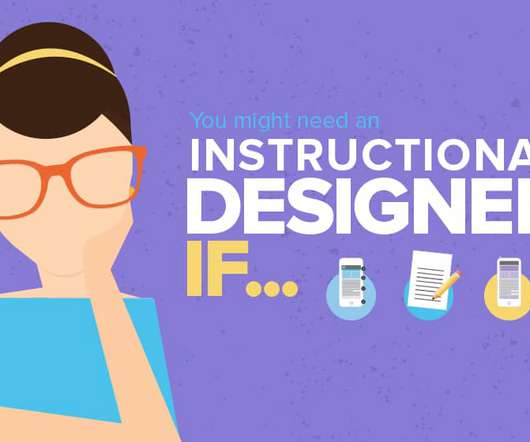Behind the Scenes with Maestro: Our Innovative and Effective eLearning Development Process
Maestro
NOVEMBER 9, 2023
Our eLearning development process plays a significant role in many of the L&D experiences we create—after all, our organization lives and breathes learning innovation. And while it’s often just one aspect of a more-comprehensive learning strategy, it’s an extremely important tool in any L&D toolkit.














































Let's personalize your content